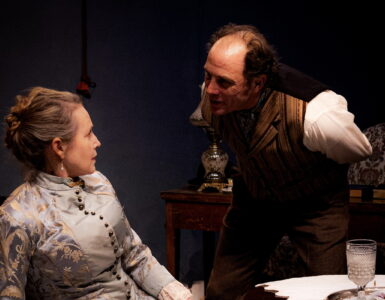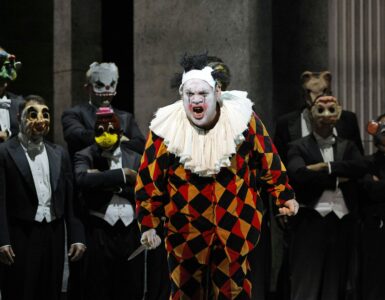From the archives!
Here is my interview with Richard Gere, star of Primal Fear, first published in February 1996.
Primal Fear, a tense thriller with an undercurrent of black wisecracks keeping the tricky — but not too convoluted — plot buoyant. Richard Gere plays Martin Vail, a high-flying defense lawyer who clearly thrives on maximum publicity (shades of OJ Simpson’s ‘dream team’ rolled into one). A bit of an ambulance chaser as well as a publicity hound, Vail decides to represent a young man in a case that will certainly attract plenty of media glare. The young man is apprehended, drenched in blood, after fleeing the scene of an especially gruesome mutilation/murder of one of Chicago’s most high-standing Roman Catholic archbishops. Gere’s character offers to represent him ‘pro-bono’; that is, for no fee. The young defendant Aaron, played brilliantly by Edward Norton, is an adolescent angel with a priceless stutter and stammeringly maintains his innocence in all affairs murderous, no matter how bad it looks. Martin Vail believes him, and his story that another person was there at the crime scene, and strenuously labors to unravel the truth.
Laura Linney plays Janet Venable, the state appointed attorney who doesn’t hide her low opinion of Vail and his showcasing panache. She comes across as single-minded as a shark, a terrifyingly competent prosecutor. But of course she’s not quite as wily as old silver-haired yet charming Richard. In fact, Gere works hard in this film and produces an excellent characterisation of a lawyer who greasily slides between perfidiously charismatic and repellently reptilian. A different take on the nasty he played in ‘Internal Affairs’.
Star of the film, Richard Gere is highly enthusiastic in explaining his interest in the screenplay when it was first presented to him.
Gere – “I first read the script about two or three years ago and it was pretty unformed at that point. Then I read it again a year ago and at that point it struck me that the real interest in the story was between Vail and the boy and up to that time the scripts had been trying to make a movie out of the relationship between Vail and Janet Venable, the prosecuting attorney, and it just didn’t feel appropriate. I liked the dynamic, also, this power dynamic between an authority figure and a subservient figure like a doctor and a patient; a lawyer and a client; a shrink and a patient. They’re symbiotic and the shifting power between these two people in a relationship is very curious to me. Another thing was the exploration of the nature of the truth which is in the first scene, over the title credits. The reporter is asking him about the nature of truth and Vail says “There’s more than one.” and adds, “But there is only one that matters and that’s the one I create in the courtroom and convince twelve people in a jury.” Now that to me sums up his character and the theme of the piece, which is the illusory nature of truth.”
How did you like playing opposite a young and inexperienced actor such as Edward Norton?
“He is absolutely brilliant in the movie, I think. We didn’t design it this way but, as it turned out, having an actor that no body knows playing the part helped us enormously as he had no baggage with him and we take him at face value, which we should in the film.”
It seems to me that the role of an actor and that of a court lawyer are practically indistinguishable, in some senses…
“Yeah, there’s a lot of similarities between those two jobs – cops are another one. The sense of playing with storytelling, with illusion, with magic. There are always many levels going on in these professions and they all essentially are lies, they’re all illusory. I was talking to our technical advisor Jeanne Bischoff and asking her how she evolved her style and I quickly realised her process was almost exactly the same as mine, an actor. She said it took her about seven years to evolve her thing and said that it worked best if she was very simple direct and very responsible in her approach. She said it was all based on logic and irrefutable truth and when she got too theatrical it didn’t work, it was away from her centre. I realised she was talking about the basic truth of acting. That if you can access that truth, you can then use it through technique and put different characters at your service. But if you can’t connect to that basic truth inside of you, then you’re not going to be a good magician.”





